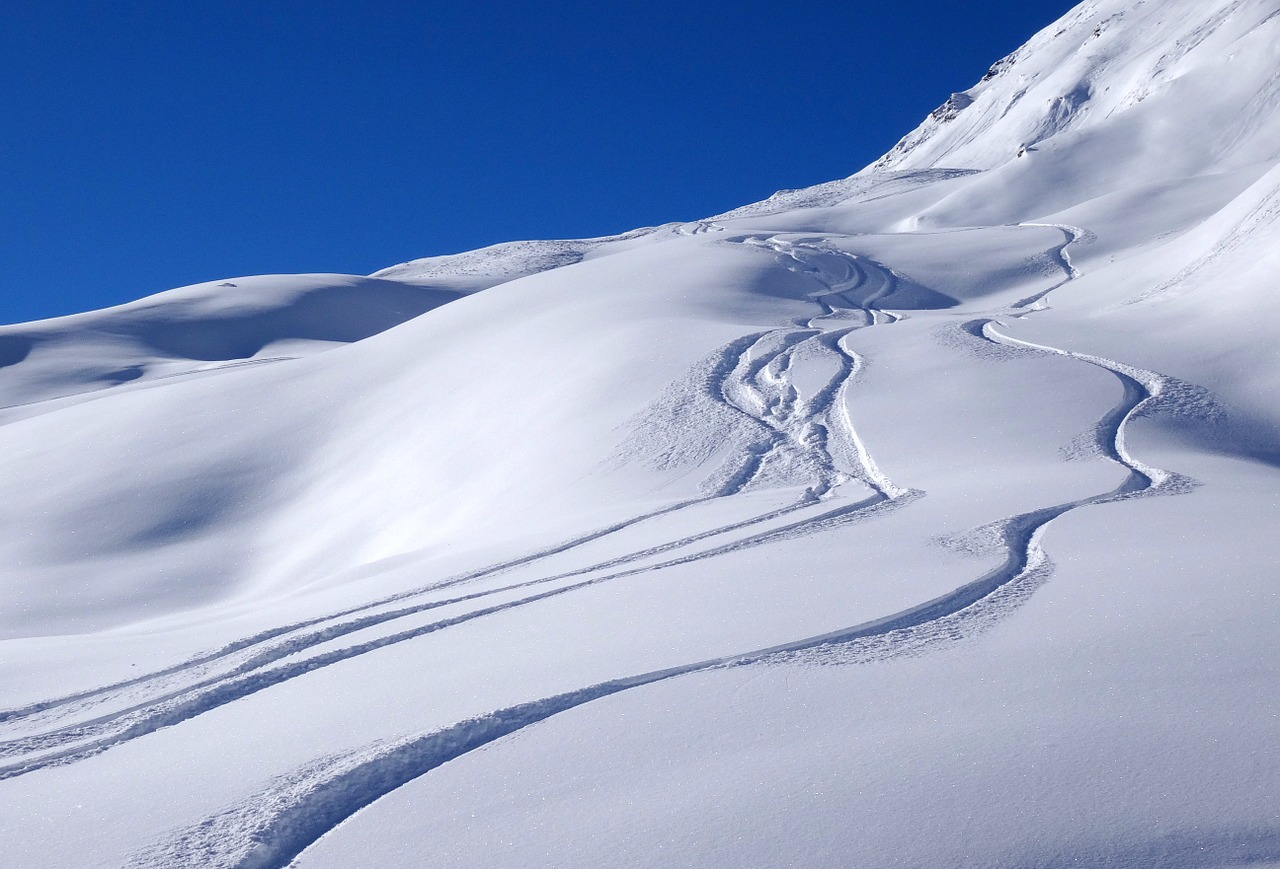Your Online Friendship Centre
Exit Site
Your Online Friendship Centre
The Ktunaxa Nation Council’s Supreme Court challenge of the Jumbo ski resort development in British Columbia centres around the spiritual significance of the Qat’muk area to their religious beliefs. But the decision to share that spiritual knowledge with the government and the public in the first place was unusual.
“We don’t really broadcast our spirituality to others,” said Kathryn Teneese, Ktunaxa Nation Council Chair. “It’s private. It’s ours.”

The billion-dollar ski development was first proposed and underwent its first environmental assessment in the 1990s.
Despite the mounting evidence that suggested development in the area would have a negative impact on wildlife and the environment, “there didn’t seem to be a lot of attention paid to the information coming from the assessment,” Teneese said.
It was then that the Ktunaxa decided to share with the Minister at the time the spiritual aspects of its opposition to the development of the Qat’muk.
The Ktunaxa is not the only party opposed to the development of the Qat’muk. An allied campaign, Keep It Wild, opposes the proposed development on environmental and economic grounds. The Jumbo Valley is one of North America’s most important wildlife corridors, and is crucial in maintaining the grizzly bear population.
For the Ktunaxa, the Qat’muk is where the Grizzly Bear Spirit was born, goes to heal itself and returns to the spirit world. Grizzly Bear Spirit is a unique and indispensable source of collective and individual guidance, strength and protection, and a necessary part of many Ktunaxa spiritual practices and beliefs. Qat’muk’s spiritual importance is deeply connected to its biological significance for living grizzly bears now and in the future.
To learn more, read the Qat’muk Declaration here.